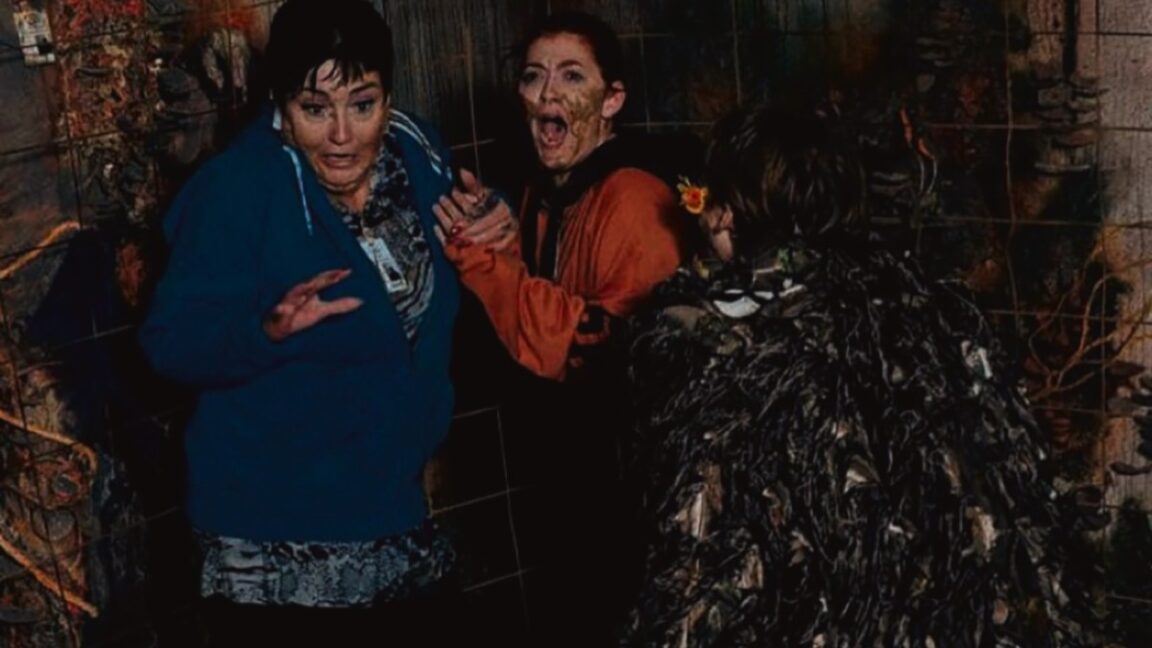
As for white blood cells (leukocytes), their numbers decreased in the aftermath of the haunted house, “supporting the hypothesis that inflammation attenuates in response to fear in a recreational setting,” the authors wrote. In short, “It looks like it might be beneficial for physical health to be chased by a guy with a chainsaw,” Clasen jokingly told Ars.
These findings come with numerous caveats, most notably the fact that numerous other factors can affect the high-sensitivity C-reactive protein (hs-CRP) test used in the experiment. While the team did exclude any volunteers who showed symptoms of bacterial or viral infection, among other conditions, they did not have information on participants’ workout regimes, alcohol consumption, smoking, diet, or stress, all of which could also have impacted those three days of measurements, as could psychiatric conditions like depression and anxiety. There was a marginally higher incidence of low-grade inflammation in the study group compared to prior studies.
The authors also did not collect information about race, ethnicity, or economic status of the participants. Nor was it possible to include a control group in the experiment, introducing a certain degree of uncertainty as to whether the measured inflammatory response was solely due to the fear-inducing events or to natural fluctuations over time.
Still, “These findings suggest fear in a recreational setting might positively impact the immune system,” the authors concluded. “Future research should explore the adrenergic system’s role and confirm the persistence of these effects.”
DOI: Brain, Behavior, and Immunity, 2024. 10.1016/j.bbi.2024.10.036 (About DOIs).




















+ There are no comments
Add yours